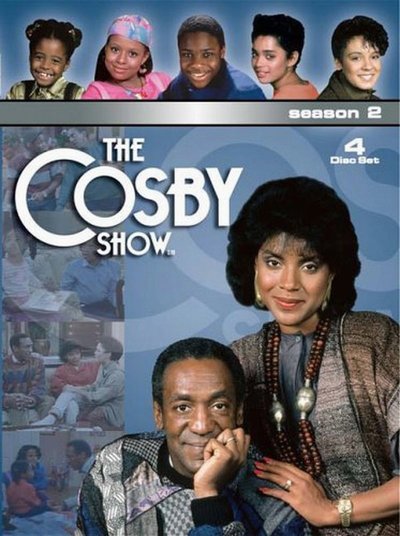April 27, 2006
UW prof creates first dictionary of African-American television
What was the longest-running television show with an African-American cast? Why was the popular early situation comedy Amos ‘n’ Andy cancelled after just two years? What made a 1968 Petula Clark television special a memorable event in the televised history of race relations?
These are a few of the historical nuggets to be found in the Historical Dictionary of African-American Television by Kathleen Fearn-Banks, recently published by Scarecrow Press.
Fearn-Banks, associate professor of communication at the UW, spent two years researching the history of African-Americans on television–from the 1939 test broadcast of the Ethel Waters Show through today’s most recent stars. Fearn-Banks herself worked in television for 21 years as a publicist at NBC. In fact, she was that network’s first African-American publicist and the second woman publicist when she was hired in 1969 after a career in journalism.
“My generation is the youngest that will remember all, or almost all, of this history,” she says. “I felt that this information needed to be out there for future researchers.”
Her dictionary features programs with African-American casts, African-American themes, or lead characters who were African-American as well as memorable events such as the 1968 Petula Clark incident.
Harry Belafonte was a guest star on Clark’s special. During the show, she held Belafonte’s arm, touching off a blizzard of phone calls and mail to NBC. Clark didn’t even remember touching Belafonte.
Fearn-Banks used a variety of written and online sources. Especially useful was information from the Academy of Television Arts and Sciences (of which Fearn-Banks is still a member), which supplied lists of regular shows and specials by year, sometimes with brief descriptions.
Fearn-Banks also contacted numerous individuals involved in television to get their stories first-hand. “There are so many stories waiting to be told,” she says.
Despite the size of the project, it is far from complete, she acknowledges. There is no attempt, due to the publisher’s pre-determined number of pages, to document those African-Americans on the other side of the camera as writers, directors and producers. “There should be another volume for them,” she says.
That second volume isn’t in her current plans. Her next project is a biography of comedian Flip Wilson, whose show was the first hit variety program hosted by an African-American, in 1970. Fearn-Banks met him shortly after she joined NBC. They became friends, and Wilson actually asked her at the time if she would write his biography. “I feel obligated by the promise I made back then,” she says.
The longest-running African-American show was The Jeffersons, 1975-1985. Amos ‘N’ Andy (1951-53) was cancelled due to the strong protests of the NAACP and other civil rights groups, which took issue with the stereotypes presented on the show.
More information about the dictionary is available at kathleenfearn-banks.com



